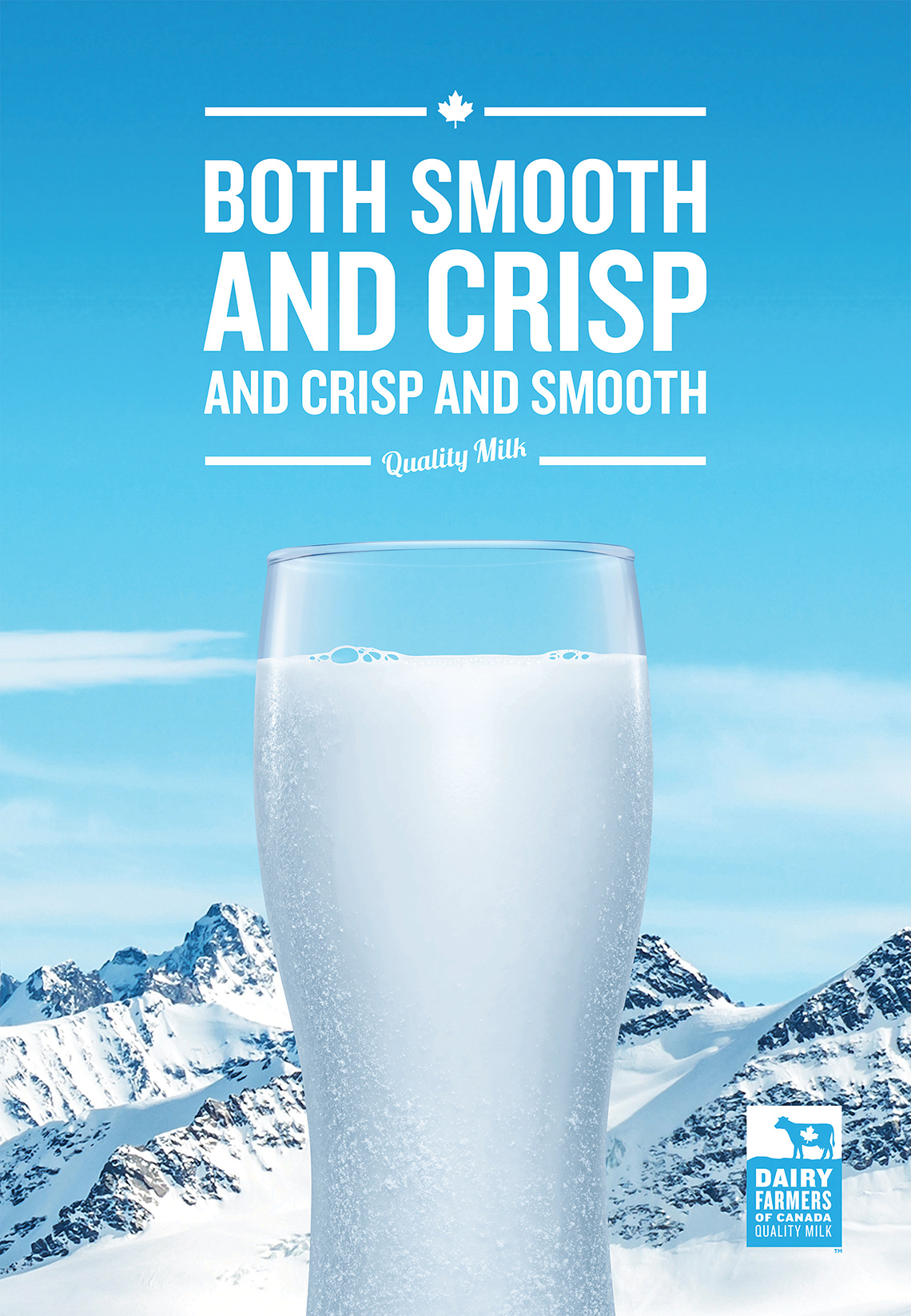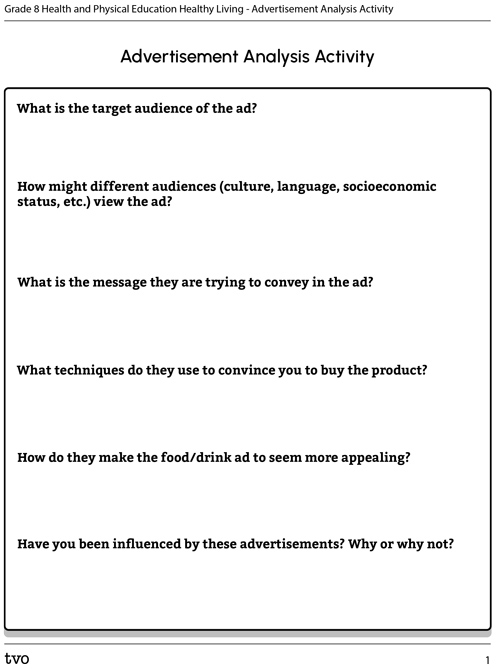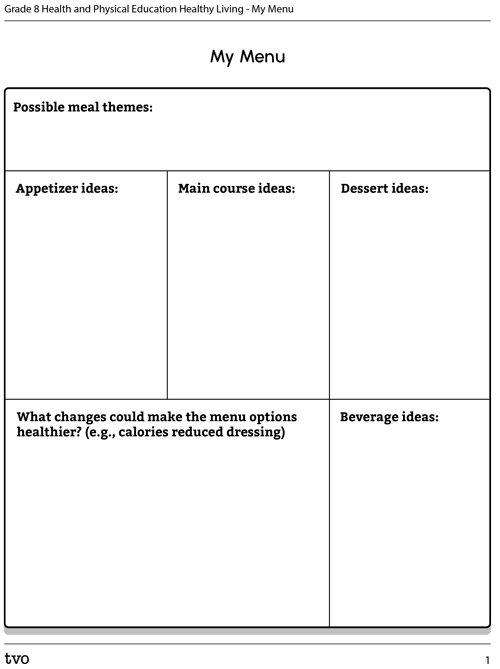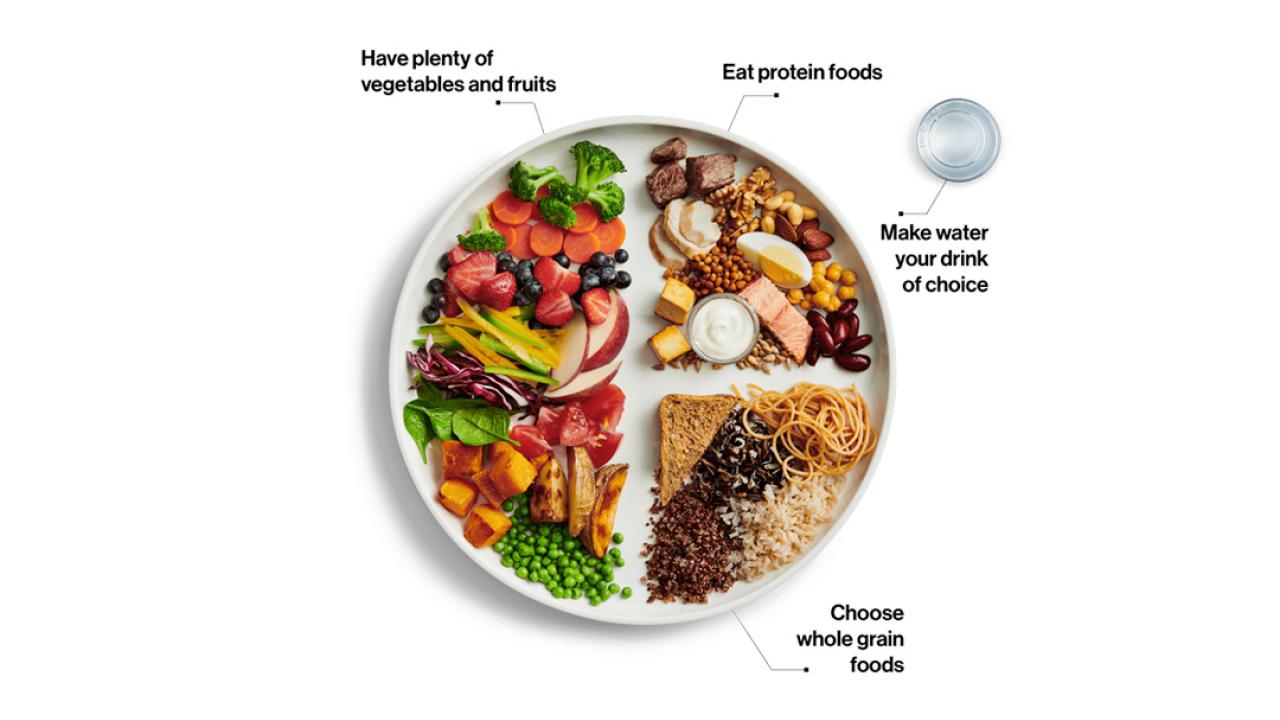Minds On
Food important for life
Food is an important part of life. Not only is it needed for daily energy, food also provides social opportunities in a variety of cultures. Food is a large part of our social lives, ranging from family meals to larger celebrations.
Food circumstance
What we eat is greatly influenced by location, feelings and emotions, and even the time of day. Consider these foods:
 Description
Description
Foods in the top row, left to right: Broccoli, Chicken, Rice, Lentils. Foods in the bottom row, left to right: Salad, Chicken fingers, Vegetable samosas, Macaroni and cheese.
Sort the food choices into the following categories:
- fruits and vegetables
- protein foods
- whole grain foods
- not on the plate
Complete the Canada’s Food Guide Sort in your notebook or using the following fillable and printable document. If you would like, you can use speech-to-text or audio recording tools to record your thoughts.
| Fruits and vegetables | Protein foods |
|---|---|
| Whole grain foods | Items not on the plate |
Press the ‘Activity’ button to access Canada’s Food Guide Sort.
Press ‘Answers’ to access a filled-out table to check your answers.
| Fruits and vegetables | Protein foods |
|---|---|
|
Broccoli Salad Vegetable samosas |
Beef Chicken Fingers Lentils |
| Whole grain foods | Items not on the plate |
|
Rice Macaroni |
Cheese |
Action
Canada’s Food Guide
Health Canada is a department of the government that is responsible for the health of Canadians. A primary goal of the public health department is to promote healthy food choices. Canada’s Food Guide encourages people to:
- make half of their plate fruits and vegetables – people want to include plenty of those
- make a quarter of their plate protein foods, with a preference for plant-based protein
- make a quarter of their plate whole grains, or carbohydrates
- make water their drink of choice

Food and culture
Canada’s Food Guide provides advice on how to plan meals and encourages healthy eating habits. Canadians are advised to:
- be mindful of their eating habits
- cook more often
- enjoy their food
- eat meals with others
Pause and Reflect
Food choices
Record your answers to the following questions using a method of your choice:
- Why might this be challenging for some people to follow the advice in Canada’s Food Guide?
- When do you tend to make food choices that align with Canada’s Food Guide? Why do you think this is?
- How do you know which foods align with Canada’s Food Guide?
- Are you involved in food decisions that are being made at home? If not, could you become more involved?
- If you are left to snack on your own, what is the main factor for choosing what to eat?
Food marketing

One cultural influence that can affect your decision on food and drink choices is food marketing. Food marketing is a method companies use to convince you to purchase and consume certain food and drink products.
Food marketing can come in the form of:
- branding
- sponsorships
- celebrity endorsements
- contests and sales promotions
- social media posts
- commercials
- product placement
Think about the food and drink advertisements you observe in your everyday life. What foods and drinks are usually marketed?
Press ‘Answer’ to access a possible response.
Advertising techniques
Press on the following tabs to access information about various advertising techniques companies use on the consumer to convince us to purchase their products.
Analysis of an ad
Now let’s take some time to analyze an advertisement.
Press the following tabs to access and explore two advertisements from the Dairy Farmers of Ontario for milk.

An advertisement by Dairy Farmers of Ontario. There is a glass of milk in front of a snowy mountain peak. Above the glass of milk, there's a bolded phrase: Both smooth and crisp and crisp and smooth quality milk.

Advertisement by Dairy Farmers of Ontario. At the top the phrase in bold font says, “Strong people get more out of life.” Under it there is a milk carton that is surrounded by a forest camp environment. There are people hiking around the carton and people below doing various camp activities. At the bottom of the ad there is the phrase “Milk products, a source of protein.”
You could also use an advertisement of a food or drink product of your choice that you find online or in your learning space.
Answer the following questions based on the advertisements:
- What is the target audience of the ad?
- How might different audiences (culture, language, socio-economic status, etc.) view the ad?
- What is the message they are trying to convey in the ad?
- What techniques do they use to convince you to buy the product?
- How do they make the food/drink seem more appealing?
- Have you been influenced by these advertisements? Why or why not?
Complete the Advertisement Analysis Activity in your notebook or using the following fillable and printable document. If you would like, you can use speech-to-text or audio recording tools to record your thoughts.

Press the Activity button to access Advertisement Analysis Activity.
Activity (Open PDF in a new tab)When you have completed your analysis, if possible, share it with a partner.
Consolidation
Fun food challenge
Although Canada’s Food Guide encourages healthy eating, it also celebrates the diversity of its people and the joy of food.
Consider some of the foods you eat with family, recipes that may have been passed down from older relatives, or special treats made at home. Consider restaurants and grocery stores in your community, or local events and the foods that are eaten there. Food can reflect who we are as individuals, a community, and a nation.

Your challenge is to create a menu that reflects the health guidelines laid out by Canada’s Food Guide and promotes healthy eating in your community. You may want to include the following menu options:
- an appetizer
- a main course
- a dessert
- a beverage
Each food or beverage option must include a brief explanation about how it aligns with the recommendations put forth by Canada’s Food Guide.
Complete the My Menu in your notebook or using the following fillable and printable document. If you would like, you can use speech-to-text or audio recording tools to record your thoughts. Bon appétit!
|
Possible Meal Themes: |
||
|
Appetizer ideas: |
Main course ideas: |
Dessert ideas: |
|
What changes could make the menu options healthier? (e.g., calories reduced dressing) |
Beverage ideas: |
|
Food marketer

Now, it’s your turn to be the food marketer. Choose a food or drink that you would consider a healthy option and create an advertisement using a method of your choice to market the food or drink.
Press ‘Methods’ to access a list of different methods you could use.
- video ad
- audio ad (for podcast or radio)
- social media post
- poster
- flyer
- billboard
Use the following checklist to help guide the creation of your food advertisement.
Food ad success criteria
Reflection
As you read the following descriptions, select the one that best describes your current understanding of the learning in this activity. Press the corresponding button once you have made your choice.
I feel…
Now, expand on your ideas by recording your thoughts using a voice recorder, speech-to-text, or writing tool.
When you review your notes on this learning activity later, reflect on whether you would select a different description based on your further review of the material in this learning activity.
Press ‘Discover More’ to extend your skills.
Discover MoreThe article below reflects some of the foods that were included and excluded from Canada’s Food Guide. There was some controversy when the new food guide was released in 2019. Consider the following questions while reading this article:
- What changes have been made to Canada’s Food Guide in the past?
- Which industries feel underrepresented in Canada’s Food Guide?
- How could something like food become political?
Record your thinking using a method of your choice.
You will now access the article “This is not your parents’ food guide.”







